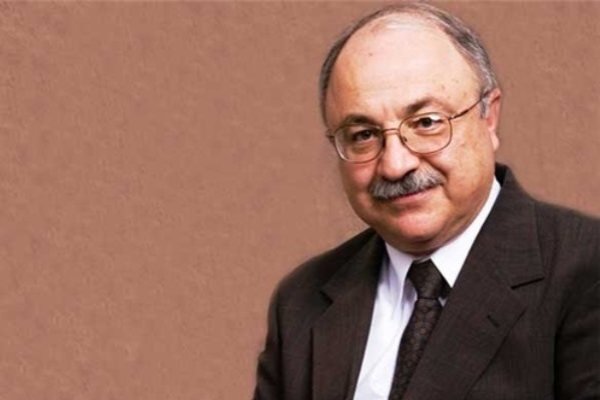Difficult to predict future of Baghdad's political currents: expert

TEHRAN – Professor Nader Entessar from South Alabama University says “it is difficult to predict the future of Baghdad's political currents.”
“The situation in Iraq remains fluid and certainly unpredictable.” Entessar tells the Tehran Times.
Following is the text of the interview:
Q: In 2018 Iraqi parliamentary elections, how would be like the situation of Shiite political currents including Hashd al-Shaabi, Sadrist Movement, National Iraqi Alliance led by Ammar al-Hakim and Rule of Law Coalition led by Haider al-Abadi and Nouri al-Maliki? Which one would be politically inclined towards Iran?
A: The next Iraqi parliamentary elections are scheduled for May 2018. It is very likely that the various Shiite contending political currents/parties will shift positions and seek to create coalitions in order to maximize their chances in the upcoming elections. The Sadrist Movement is a mercurial one, and Muqtada Sadr has been trying to establish a firm foothold for himself and his movement in Iraqi politics. He will most likely continue to play his Saudi card and bolster his Saudi backing.
ashd al-Shaabi is more of a militia than a political movement. It has been an important element in recent Iraqi politics, but its influence will depend on aligning itself with an existing Shiite political party. Ammar al-Hakim's National Iraqi Alliance is the most conservative of the major Shiite political movements in Iraq, and it is likely that it will follow a wait-and-see strategy. The Rule of Law Coalition may splinter further due to the nascent rivalry between Abadi and Maliki. Prime Minister Abadi is playing a balancing act that may allow him to make further gestures towards the U.S. and its chief regional client Saudi Arabia. Vice President Maliki is still apprehensive about Saudi machinations in Iraq and the region. Domestically, Maliki has long favored the rule of the majority in Iraq whereas Abadi is more inclined to promote a kind of devolution. Mr. Maliki would be the most likely individual to favor Iranian concerns and would be more inclined to share Iran's viewpoints than the other contending Shiite political personalities.
Q: With regard to Iraqi Kurdistan independence referendum, how do you evaluate the situation of Kurdish political movements in the coming parliamentary elections?
A: Given the current uncertainties in Iraqi Kurdistan, it is not clear at this time if the Kurdish parties will join the Iraqi parliamentary elections. Various Kurdish officials have stated that the Kurds have little influence in Iraqi politics, but if the Kurdish parties decide to participate in the next parliamentary elections in Iraq, they will most likely support Prime Minister Abadi as they may think of all the major power brokers in Iraq, Abadi is most likely to work with them. But we have to remember that conditions are in Iraqi politics are very fluid and a lot of developments may occur before May 2018 that may compel all parties to rethink their positions.
Q: With regard to ISIS defeat and independence referendum, how do you predict the future of the Erbil-Baghdad relations? Under the support of which countries are they (for the time being) or will be in the near future?
A: Although ISIS has been defeated as a "government" or "caliphate" that controlled territories in Iraq, it has not disappeared as a terrorist movement and may well reinvent itself in the future under right conditions. Under such circumstances, it is likely that Erbil-Baghdad relations may improve or certain tactical cooperation may be established between the two. The United States continues to have presence and influence in both Iraq and Kurdistan. Ankara's influence over the Kurdish Regional Government (KRG) has somewhat lessened in recent months, but Turkey is nevertheless the most influential regional country with respect to the KRG operations. Saudi Arabia may also try to establish its foothold in Kurdistan, both economically and militarily with the aim of destabilizing Iran.
Q: What is your assessment of the situation of Sunni political currents in 2018 Iraqi elections and once ISIS is defeated?
A: Currently, major Sunni parties in Iraq are in disarray, but I think they will develop a coalition of parties before the 2018 parliamentary elections. They may once again try to curry favor with some Shiite political figures, such as Ayad Allawi and his Iraqi National Accord. Depending on the results of the 2018 elections, the Sunni blocs may be able to exert more influence in determining the shape of the next Iraqi government than their numbers would indicate. Do not underestimate Saudi Arabia's role in bolstering its Sunni clients before and after the next Iraqi parliamentary election.
Q: How do you evaluate the future of Bagdad's political currents?
A: As I alluded earlier, it is difficult to predict the future of Baghdad's political currents. The situation in Iraq remains fluid and certainly unpredictable.
Leave a Comment